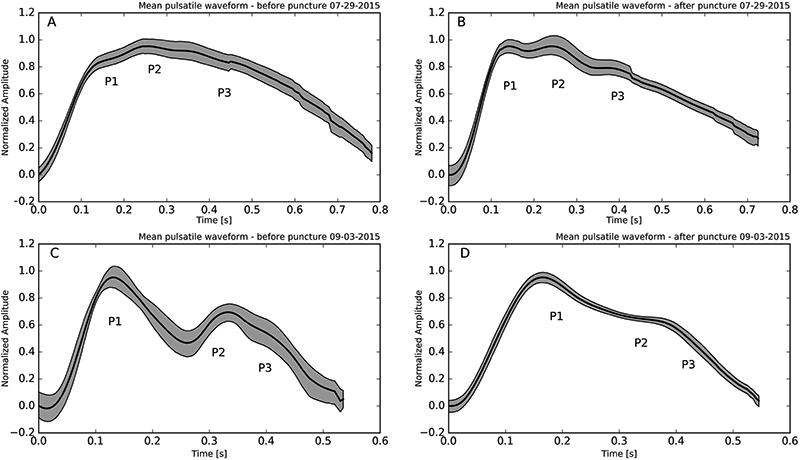Mortality and adverse neurologic sequelae from HIV-associated cryptococcal meningitis (HIV-CM) remains high due to raised intracranial pressure (ICP) complications. Cerebrospinal fluid (CSF) high opening pressure occurs in more than 50% of HIV-CM patients. Repeated lumbar puncture with CSF drainage and external lumbar drainage might be required in the management of these patients. Usually, there is a high grade of uncertainty and the basis for clinical decisions regarding ICP hypertension tends to be from clinical findings (headache, nausea and vomiting), a low Glasgow coma scale score, and/or fundoscopic papilledema. Significant neurological decline can occur if elevated CSF pressures are inadequately managed. Various treatment strategies to address intracranial hypertension in this setting have been described, including: medical management, serial lumbar punctures, external lumbar and ventricular drain placement, and either ventricular or lumbar shunting. This study aims to evaluate the role of a non-invasive intracranial pressure (ICP-NI) monitoring in a critically ill HIV-CM patient.
Brain diseases; Intracranial hypertension; AIDS-related opportunistic infections; Cryptococcus neoformans; Monitoring


